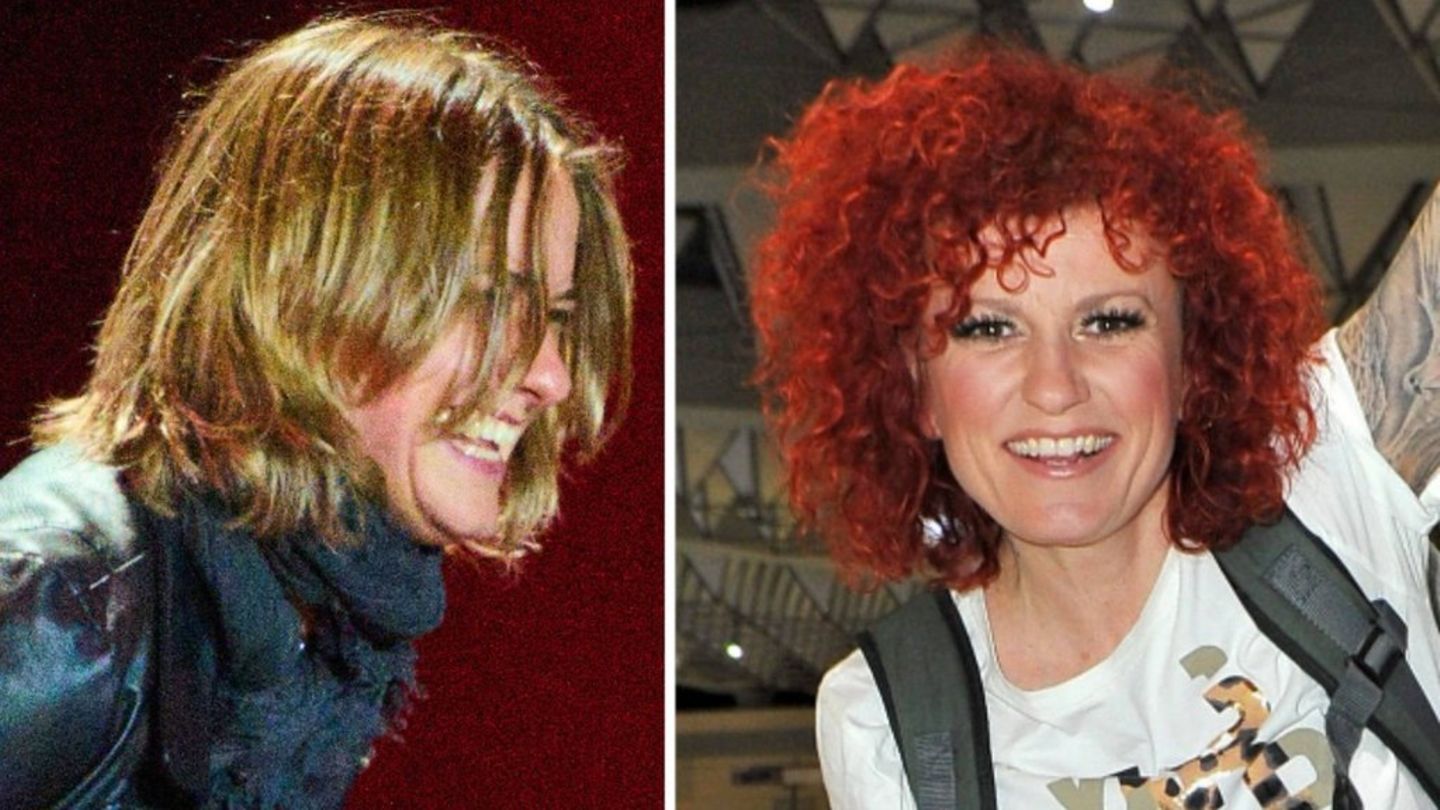It is the biggest political setback for the polarizing head of government since he became prime minister in 2014. Has this saved Indian democracy?
After his party’s worse-than-expected performance in India’s parliamentary elections, Prime Minister Narendra Modi is preparing for coalition talks. Modi’s Hindu nationalist BJP lost its absolute majority in the lower house for the first time in ten years, according to data from the Election Commission on Wednesday. After all votes were counted, it won 240 of the 543 seats up for election. This is a bitter setback for the polarizing and increasingly autocratic 73-year-old, even if the Hindu nationalists remain the strongest force. According to media reports, Modi must secure the support of two regional but unreliable allies to remain in office for a third term.
Together with its current coalition partners, the BJP would have at least 292 seats, which would allow it to form a government, as local media reports show. It was also expected that Modi would be able to secure the support of the current coalition partners and become the second head of state in his country after Prime Minister Jawaharlal Nehru to rule for three consecutive terms.
Commentators: People want a course adjustment
However, several political commentators pointed out that the people had sent a clear message to New Delhi with their vote: They wanted a change of course. “The BJP’s policy of religious polarization, which seemed invincible, has been kept in check,” wrote Sudheendra Kulkarni. “Indian democracy can breathe a sigh of relief. The basic values of the constitution, which have come under severe pressure over the past ten years, are now well protected.”
During the election campaign, the BJP relied mainly on the personality cult surrounding Modi as a strong, god-like leader. It propagates a Hindu nationalist agenda, according to which India should become a state only for the Hindu majority, which makes up 80 percent of the population. As a result, the approximately 200 million Muslims and other religious minorities were increasingly treated like second-class citizens. With 1.4 billion inhabitants, India is the most populous country in the world.
In addition, Modi had centralized power in his office and the opposition accused him of using state organs to silence them. Several of their politicians were in custody on corruption charges during the election campaign. At the same time, most of the media were on the government’s side. Criticism bounced off the head of government.
“People finally want work”
Under Modi, the subcontinent rose to become the fifth largest economy in the world. However, growth is very unevenly distributed and only a minority benefits. There is high unemployment and inflation – problems that the opposition has repeatedly pointed out. According to official figures, more than half of all residents – around 800 million – can only get by on welfare. They now have that instead, wrote the “Hindustan Times”. They finally want work.
During the election campaign, Modi had set himself a high bar for success: he wanted to significantly increase his coalition’s current majority – to more than 400 seats. But instead he suffered a loss of more than 60 seats. The opposition, on the other hand, was able to make a surprising gain. According to local media, their alliance won 234 seats. And opposition leader Rahul Gandhi of the Congress Party did not rule out talks with two of Modi’s previous coalition partners. There were to be consultations between parties from the current government coalition and the opposition on Wednesday.
At the same time, Modi has already received congratulations from parts of the world: China, with whom India has very strained relations due to a border conflict, said that the relationship between the countries is in the interest of both sides and contributes to peace and development in the region. Italian President Giorgia Meloni stressed that she wants to work more closely with him. Western countries are increasingly seeking closer relations with India in view of China’s increasingly aggressive behavior.
Source: Stern
I have been working in the news industry for over 6 years, first as a reporter and now as an editor. I have covered politics extensively, and my work has appeared in major newspapers and online news outlets around the world. In addition to my writing, I also contribute regularly to 24 Hours World.




